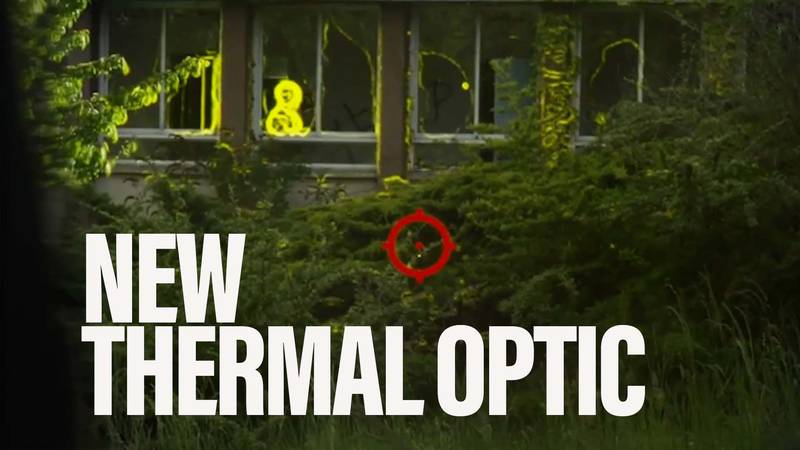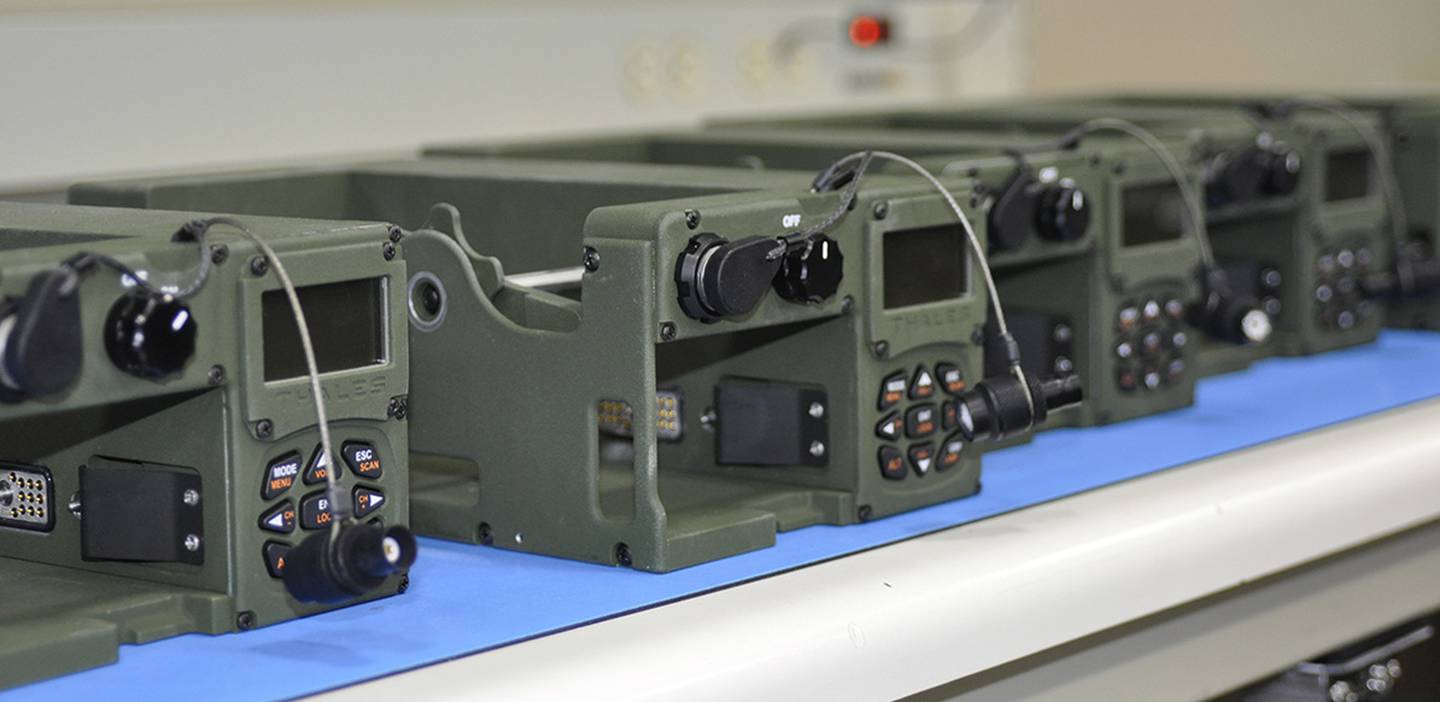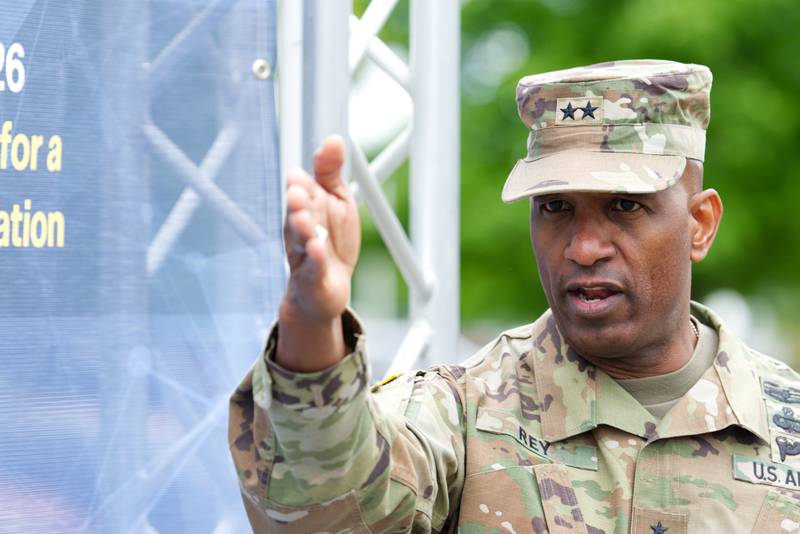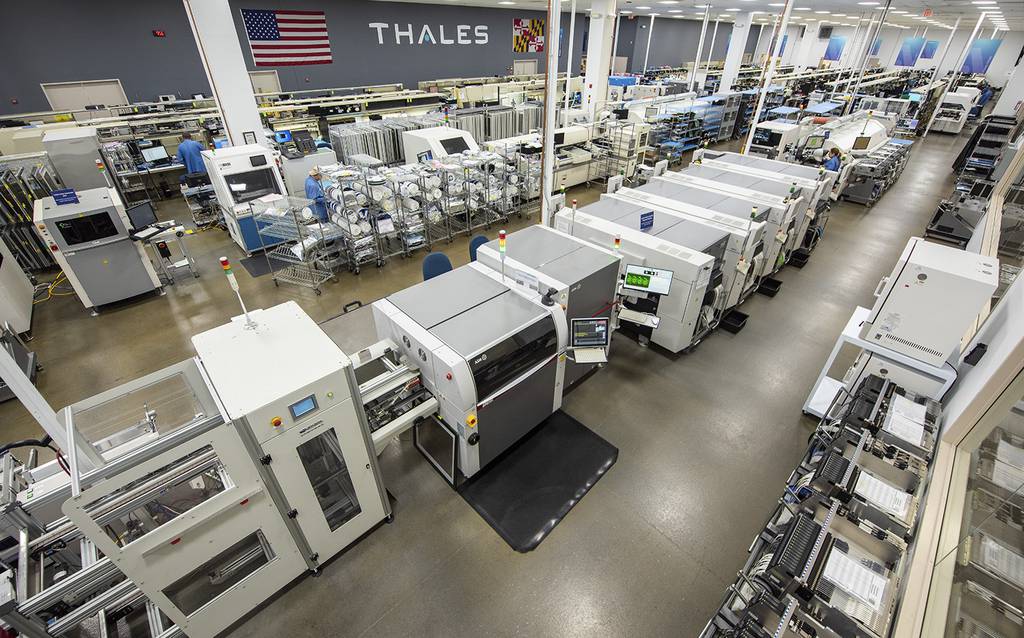CLARKSBURG, Md. — “It’s not explosive, so don’t worry about it.â€
Michael Sheehan was talking about fuzes embedded in the tube-launched, optically tracked, wireless-guided, or TOW, missile used for decades to blow up armor and fortifications.
“We build that here,†he said of the components resembling electronic rounds. “In the room over there.â€
Sheehan is the chief executive of Thales Defense and Security Inc., a U.S. offshoot of the French Thales Group. The stateside company’s work spans air, land, and sea, including cockpit technologies, handheld communications gear, and sonar systems.
Its headquarters here in Maryland, some 40 minutes north by car of Washington, has long maintained a manufacturing capability to fulfill orders. Under the same roof where TOW fuzes are crafted are helmet displays for F-16, A-10 and helicopter pilots and the radios lugged around by troops.
A little less than half of the business TD&SI does is in the area of “tactical comms,†according to Sheehan. Standouts are Army leader and combat net radios, the latter of which the company is betting big on.
RELATED

Where there was once only a single line for a mix of products there are now two, with one dedicated to the CNR endeavor. And portions of the facility are being rearranged or reworked for efficiency. The Army in 2022 tapped Thales and competitor L3Harris Technologies to furnish the radios to help phase out older gear and overhaul battlefield connectivity.
An initial order placed with Thales was valued at $18.2 million. The overarching indefinite delivery, indefinite quantity contract is worth billions more.
“They’re big numbers, and we were sort of at capacity,†Sheehan told C4ISRNET during an April visit. “We basically doubled our throughput, and we’re making more investments for that line.â€
Order up
There was a thrum to the production floor. Pick-and-place machines chewed through reams of tiny components and, nearby, workers tinkered with larger pieces and parts. Headsets, battery packs, radios and more stood at varying levels of assembly. Some were moving through quality checks.
The additional line at the Clarksburg facility was established in late 2023 and has since undergone preparations for a large volume of orders. Combat net radios are slated to replace the older Single Channel Ground and Airborne Radio System, or SINCGARS, which Sheehan described as the “backbone for three, four decades of Army communications.â€
Thales recently delivered a preliminary batch to the Army for inspection and testing, and the company is working with labs at Aberdeen Proving Ground to make sure “we are meeting the future needs of this program,†according to Gary Kidwell, the vice president of communications systems at TD&SI.

Aberdeen Proving Ground is home to both the Program Executive Office for Command, Control and Communications-Tactical and the Network Cross-Functional Team. PEO C3T described the CNR effort as supporting cryptographic modernization and the service’s unified network, where the tactical links of frontline troops meld with the larger, less-mobile systems used at headquarters.
“It’s not the SINCGARS radio of yesterday,†Kidwell told C4ISRNET. The new radios are software-defined, meaning updates can be quickly patched in and hardware poses fewer constraints on performance.
Thales has so far received orders for thousands of radios and expects demand for many thousands more in the coming years.
“You have a significant number of radios that, potentially, have to be replaced,†Kidwell said. “Knowing what those annual quantities look like, and even in a split, competitive market between us and L3Harris delivering capabilities, we stood up the second line.â€
(An L3Harris executive, Samir Mehta, separately told C4ISRNET the company was moving in-step with the Army. Mehta described their effort as “on track,†“bullish†and considerate of lessons learned from the Russia-Ukraine war.)
Radio check
Updated connectivity has for years been a priority for the Army, alongside desires to overhaul long-range precision fires, air and missile defense, and aviation.
Army Chief of Staff Gen. Randy George last year declared the network his top priority, publicly elevating what has long been considered the backbone of the service’s modernization goals. Without the ability to talk, few other things work as promised.
“Soldiers need to shoot, move and communicate,†George said at the Association of the U.S. Army convention in October. “Technology should facilitate those fundamentals, not encumber them.â€
RELATED

“Antenna farms and endless server stacks are conspicuous and generate too much electromagnetic signature,†he added. “If we slog around the battlefield with massive operation centers, which are difficult to set up, and often contractor-supported, we will get pounded.â€
Radios play a key role in the equation. The gear can range in size and weight and complexity, and demands among different formations can vary dramatically.
Portions of the 25th Infantry Division in Hawaii and the 82nd Airborne Division in North Carolina last year received tailored packages of radios, variable height antennas and the like known as the integrated tactical network.
Through in-the-field experiments, the goal was to see what worked and what didn’t, and how fighting styles influenced the answers. Island hopping and watercraft look vastly different than joint forcible entry and seized airfields. And Thales is preparing to satisfy soldiers’ asks, according to Kidwell.
“How can we merge commercial technologies with others to listen to the end user and give them what they’re asking for?†Kidwell said. “As you’ve heard the Army say, not every unit is going to fight the same way.â€
Colin Demarest was a reporter at C4ISRNET, where he covered military networks, cyber and IT. Colin had previously covered the Department of Energy and its National Nuclear Security Administration — namely Cold War cleanup and nuclear weapons development — for a daily newspaper in South Carolina. Colin is also an award-winning photographer.








